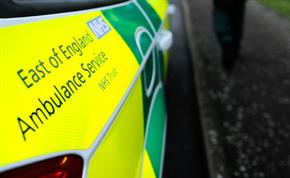
We have received an update to national guidance around ‘do not attempt CPR’ (DNACPR) and ‘advanced decision to refuse treatment’ (ADRT) forms.
It’s important to be aware that, providing an ADRT is valid and applicable, it is legally binding. In comparison, a DNACPR form should be regarded as an advance clinical assessment and decision guide, but is not legally binding.
The guidance for an ADRT is clear that:
CPR must not be attempted if it is contrary to a valid and applicable ADRT (sometimes referred to as a ‘living will’) made when the person had capacity (see below for criteria for validity).
In England and Wales, advance decisions are covered by the Mental Capacity Act 2005. The Act confirms that an ADRT refusing CPR will be valid, and therefore legally binding on the healthcare team, if:
If an ADRT does not meet these criteria but appears to set out a clear indication of the person’s wishes, it will not be legally binding but should be taken into consideration in determining the person’s best interests. A number of examples of ADRTs can be found in the public domain.
Please ensure that you familiarise yourself with this information, and update your clinical manual as such (this information is in the 2015-16 edition, ‘resuscitation decisions’ chapter). Remember, the clinical manual is personal issue so you may annotate it as you wish.
If you have any questions or concerns, please speak to your line manager or contact your area clinical lead at clinical.leads@eastamb.nhs.uk.
If you are with a patient and need run a clinical decision past another clinician, remember to call the clinical advice line (CAL) 07753 950843.
Published 28th January, 2016